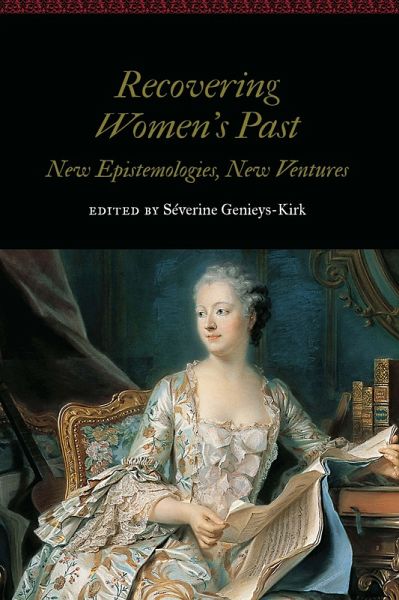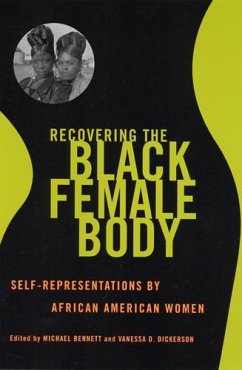Nicht lieferbar

Recovering Women's Past
New Epistemologies, New Ventures
Herausgeber: Genieys-Kirk, Severine
Versandkostenfrei!
Nicht lieferbar
This collection of essays focuses on how women born before the nineteenth century have claimed a place in history and how they have been represented in the collective memory from the Renaissance to the twenty-first century.









